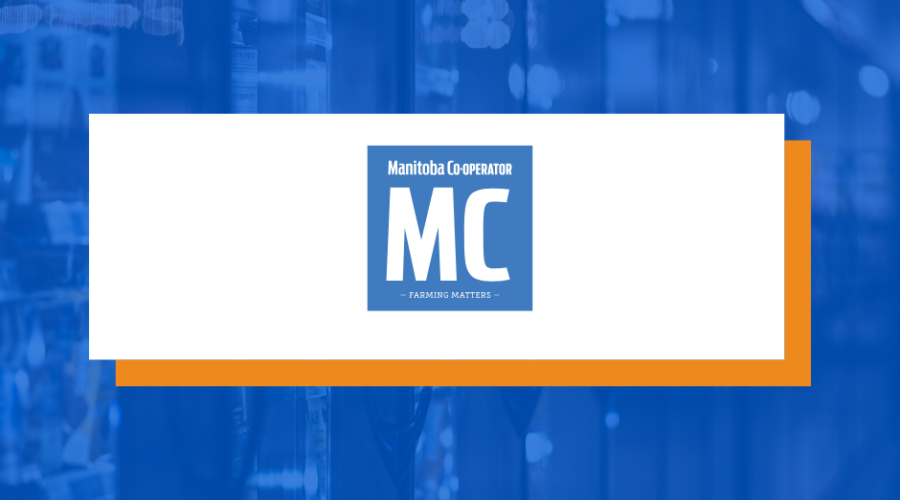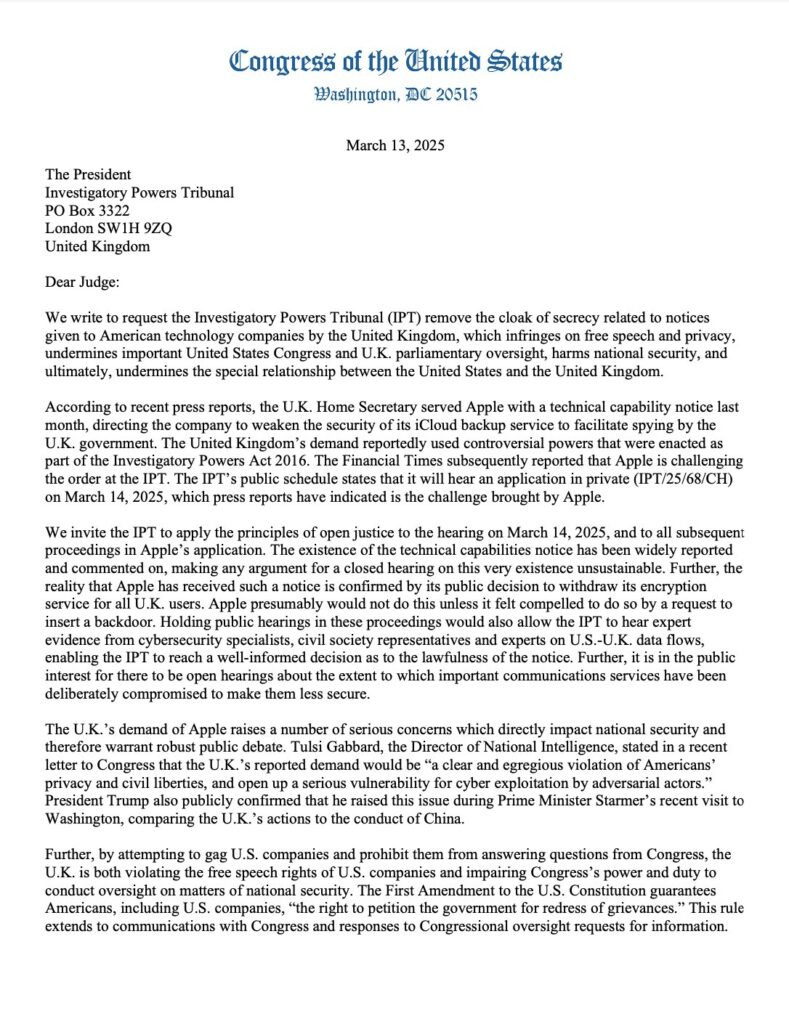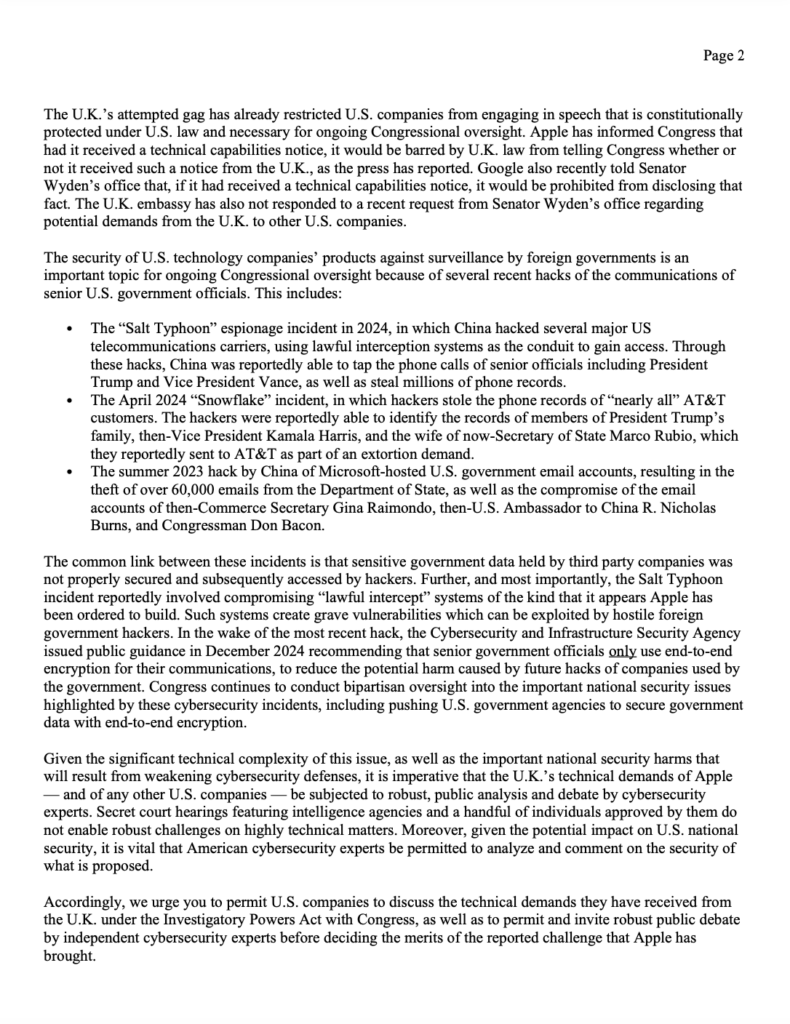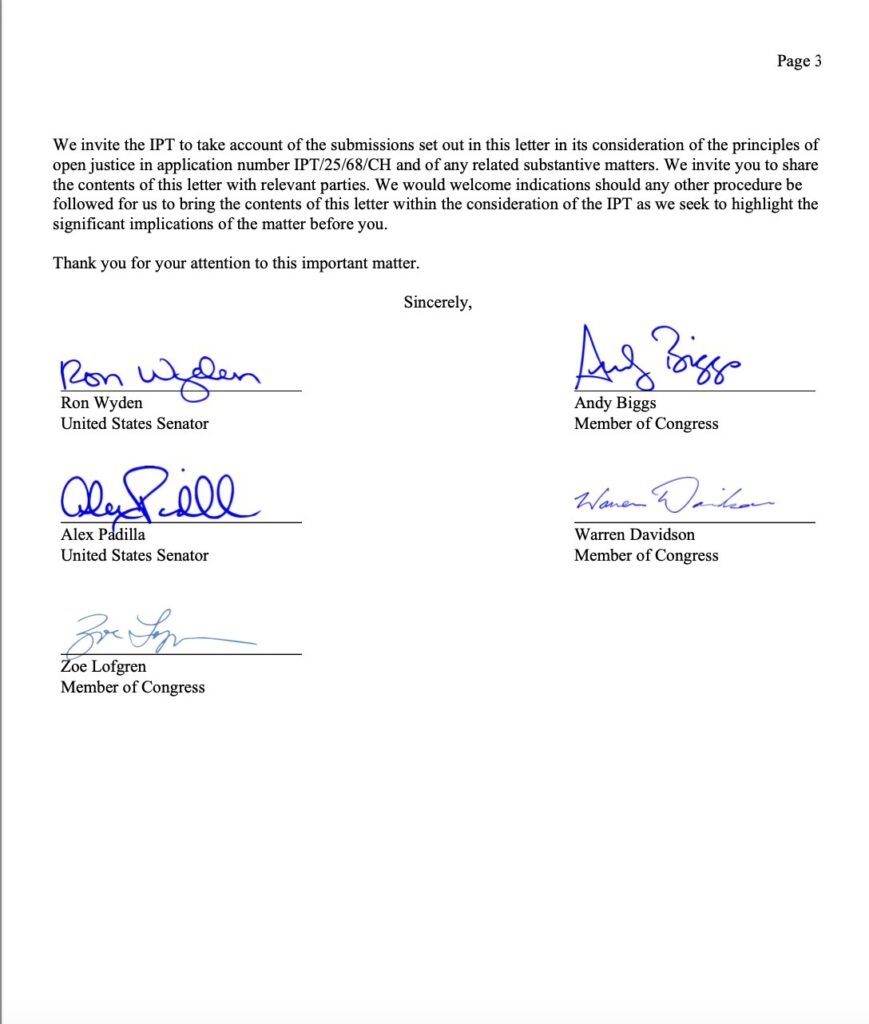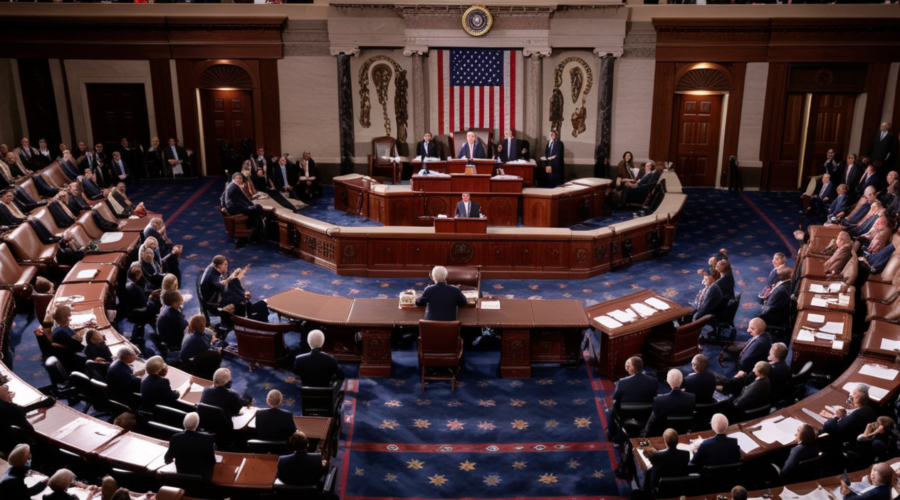When price caps become political weapons
The Minister for Economy “has been given a mandate to introduce official price caps for certain products, and if this is not enough, we are even ready to limit profits.” I had to read it three times and even fact-checked it to make sure that this quote does not come from Stalin or Maduro, and even make sure this politician is not the leader of a banana republic or a communist country. Then it struck me that this self-proclaimed conservative politician comes from the European Union and continuously talks about lowering taxes and economic miracles in the country, which the EU unjustly punishes.
Let’s focus on the reality now. I have written many times about why price controls are bad for the consumer and are used purely for political reasons. Consumers will face shortages, black markets can flourish, and the livelihoods of many citizens will be put at stake for short-term political gains. The prime minister of this country portrays himself as if he had a magic wand to make inflation disappear, to pursue his fight against evil multinational companies and grocery stores that only care about higher prices. He also said in a recent interview: “We cannot let grocery stores rob the population.”
You might have guessed already that the country depicted here has the highest inflation rate in the European Union, at 17% in 2023. And the politician in play is the longest-serving PM in the EU. Viktor Orban’s Hungary is, however, facing quite a lot of economic challenges. In the land of low taxes, the population faces the highest VAT rate in the world, at 27%. However, this 27 is 31.5% as stores are levied an extra 4.5% “retail special tax.” This paradox of high consumption taxes in a supposedly low-tax economy significantly burdens consumers. As wages struggle to keep pace with soaring prices, the cost of living crisis deepens, eroding purchasing power and economic stability.
I have argued that Orban has nothing to do with conservative economic policies. Unfortunately, elections will be held in Hungary in a year’s time. We finally have a viable alternative in a new party and a charismatic leader, Péter Magyar, who actually comes from Orbán’s Fidesz party. Now that Orbán has run out of other people’s money, namely, the European Union’s (which froze most of the funds to Hungary in 2022), he has to find ways to appease the electorate.
Moreover, he has to find enemies again to blame for the lousy performance of the Hungarian economy. His main narrative is that Hungary is doing poorly due to the war in Ukraine, the evil politicians in Brussels who unjustly punish his country, and the EU sanctions on Russia. However, these are enemies the average voter cannot feel directly. Creating enemies at home is his strategy for the campaign, as he knows very well that his electorate resonates with short-term goals, and price caps worked well in the last campaign, too.
Socialist nostalgia
Orbán also talked about limiting profits. You may wonder what that means, but it is easy to imagine it in a country where the majority of the population still has a nostalgia for the socialist regime before 1990. He knows perfectly well that the rhetoric of being anti-capitalist and punishing those who dare make profits is a message that can work.
Why? Don’t people feel the effects of the high taxes, high inflation, and shortages in their everyday lives? Aren’t campaigns not about the economy? Well, when the government has someone else to blame for your mistakes and spends billions of government propaganda to make people believe that the conspiracy of grocery stores, Brussels, and Zelensky are driving the price of their bread and milk, the way is cleared for a bumpy but seemingly successful campaign. By positioning multinational companies and grocery stores as villains, the government crafts a populist narrative that resonates with voters who feel economically marginalized. This strategic scapegoating deflects blame from policy failures and reinforces Orbán’s image as a defender of ‘ordinary people’ against foreign interests and economic elites.
Nevertheless, in the end, Hungarians will have to realize that the illusion of economic control may buy political time, but the price will inevitably be paid by the consumers. As price caps and profit limits distort market dynamics, the economy moves closer to a breaking point. And when that happens, even the best propaganda machinery won’t justify the government’s actions.
Publicado originalmente aqui







